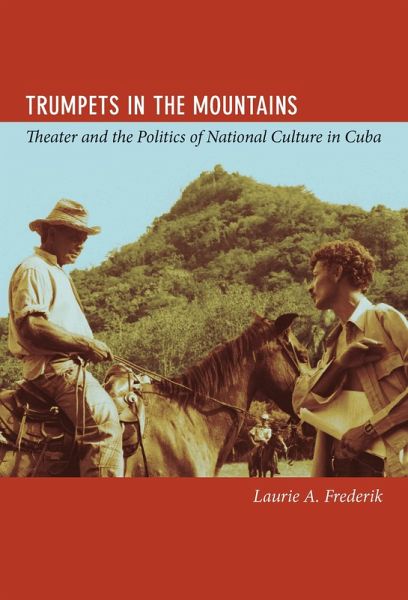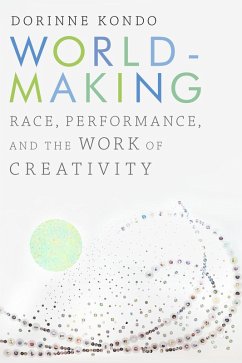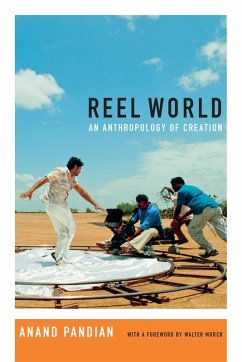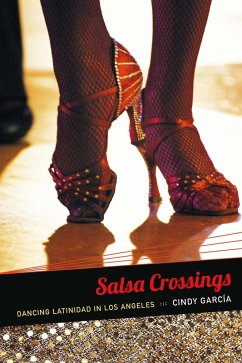
Trumpets in the Mountains (eBook, PDF)
Theater and the Politics of National Culture in Cuba
Versandkostenfrei!
Sofort per Download lieferbar
143,95 €
inkl. MwSt.
Weitere Ausgaben:

PAYBACK Punkte
72 °P sammeln!
Trumpets in the Mountains is a compelling ethnography about Cuban culture, artistic performance, and the shift in national identity after 1990, when the loss of Soviet subsidies plunged Cuba into a severe economic crisis. The state's response involved opening the economy to foreign capital and tourism, and promoting previously deprecated cultural practices as quintessentially Cuban. Such contradictions of Cuba's revolutionary ideals elicited an official preoccupation with how twenty-first-century cubania, or Cubanness, was to be understood by its citizens and creatively interpreted by its arti...
Trumpets in the Mountains is a compelling ethnography about Cuban culture, artistic performance, and the shift in national identity after 1990, when the loss of Soviet subsidies plunged Cuba into a severe economic crisis. The state's response involved opening the economy to foreign capital and tourism, and promoting previously deprecated cultural practices as quintessentially Cuban. Such contradictions of Cuba's revolutionary ideals elicited an official preoccupation with how twenty-first-century cubania, or Cubanness, was to be understood by its citizens and creatively interpreted by its artists. The rural campesino was re-envisioned as a key symbol of the future; the embodiment of socialist humility, cultural pureness, and educated refinement; potentially the Hombre Novisimo (even newer man) to replace the Hombre Nuevo (new man) of Cuban communist philosophy.Campesinos inhabit some of the island's most isolated areas, including the mountainous regions in central and eastern Cuba where Laurie A. Frederik conducted research among rural communities and professional theater groups. Analyzing the ongoing dialogue of cultural officials, urban and rural artists, and campesinos, Frederik provides an on-the-ground account of how visions of the nation are developed, manipulated, dramatized, and maintained in public consciousness. She shows that cubania is defined, and redefined, in the interactive movement between intellectual, political, and everyday worlds.
Dieser Download kann aus rechtlichen Gründen nur mit Rechnungsadresse in A, B, BG, CY, CZ, D, DK, EW, E, FIN, F, GR, HR, H, IRL, I, LT, L, LR, M, NL, PL, P, R, S, SLO, SK ausgeliefert werden.













